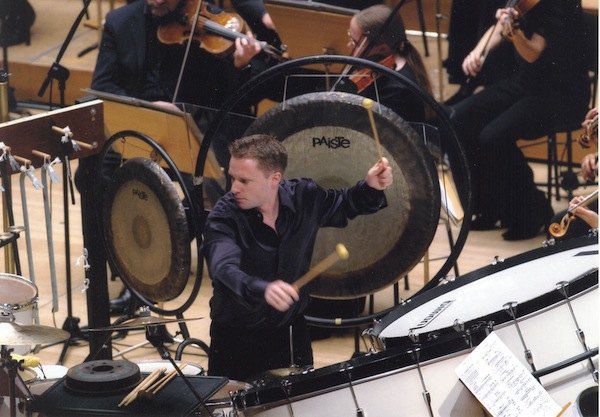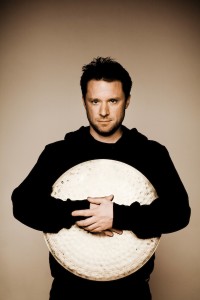Classical review: Colin Currie, SCO/Joseph Swensen (****)
It was the spirit of the dance that suffused all three pieces in Saturday’s inspirational Queen’s Hall concert from the Scottish Chamber Orchestra under its conductor emeritus Joseph Swensen, and dance brought the works together in an experience that was undeniably compelling, if at times surprisingly forthright.
First up, Stravinsky’s terse neoclassical Dumbarton Oaks summoned fine playing from the reduced group of 15 SCO players, who melded in gleaming sounds and vivid colours. Modelled on the Baroque concerto grosso – Stravinsky immersed himself in Bach’s Brandenburg Concertos while writing it – the piece treats each of its players as a potential soloist.
Hence there were sprightly clarinet solos from clarinettist Maximiliano Martín, and some bell-like horn interjections by Alex Frank Gemmill and Harry Johnstone. Swensen was all precision and accuracy, his movements barely straying from a small square of air right in front of him, but it was just the right approach to bring a buoyant transparency to his poised, crisp reading.
Edinburgh-born percussionist Colin Currie was the soloist in Sally Beamish’s characterful percussion concerto Dance Variations, here receiving just its second UK performance, and he embodied the work’s wide-ranging moods from start to finish. Inspired both by the Seven Deadly Sins and dance forms ancient and contemporary, the piece could probably have done with being a bit more deadly and a bit more devilish, but there was a mischievous glint in its eye throughout. Beamish called for jangling empty bottles to evoke Gluttony, for example, or off-kilter lounge sounds to describe Lechery, and an incessant hotel reception-style bell cut through the sinister tango of Envy.
It’s an exquisitely scored piece that manages to combine its disparate elements – birdsong, medieval plainchant, popular music, military drumming – into a coherent if sometimes bewildering whole. Currie didn’t fight shy of the athleticism of the solo part, but nor did he overplay its theatricality, and he was as supple and subtle as he was assertive.
It was Wagner who called the programme’s final offering, Beethoven’s Seventh Symphony, ‘the apotheosis of the dance’, and it brimmed over with crazed energy in Swensen’s hard-driven yet arresting performance. It was as if Swensen gripped the listener by the lapels and refused to let go.
There was a desperation to some of his obsessive dance rhythms, but the SCO players could swap from manic energy one moment to tender expressiveness the next. The funeral march-style slow movement was taken at quite a lick and had a grim determination about it, and the exhilarating finale careered to a blazing finish. No wonder Swensen seemed to glow with energy as he took his numerous bows.

